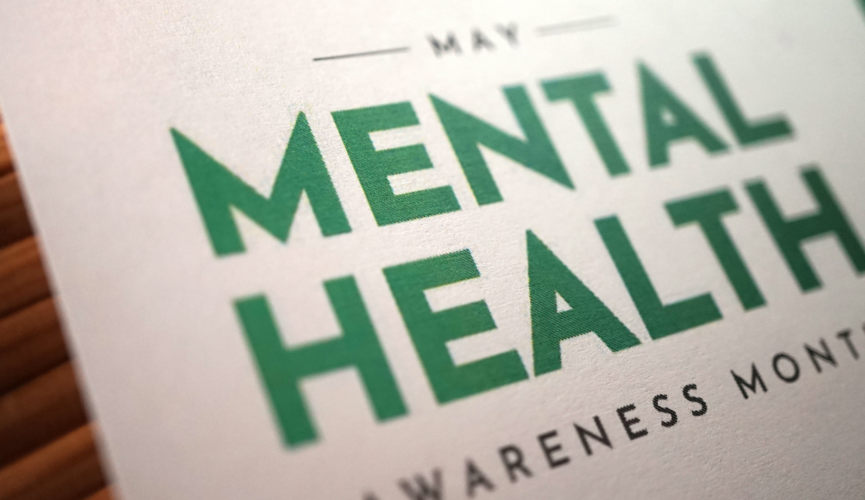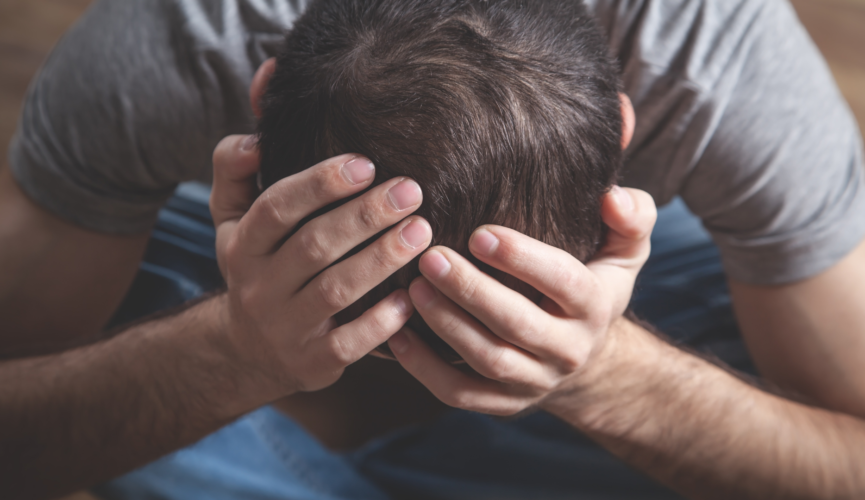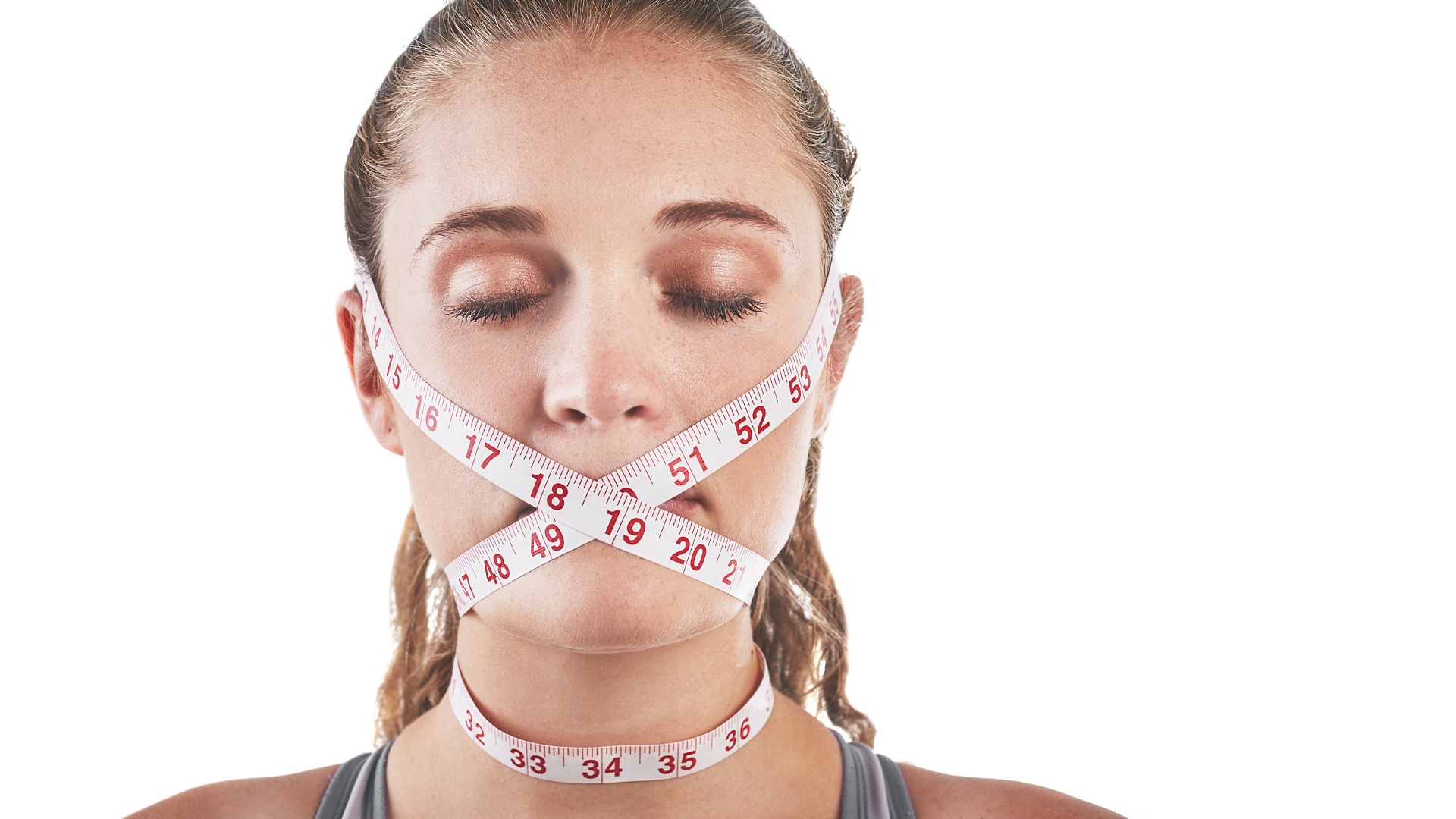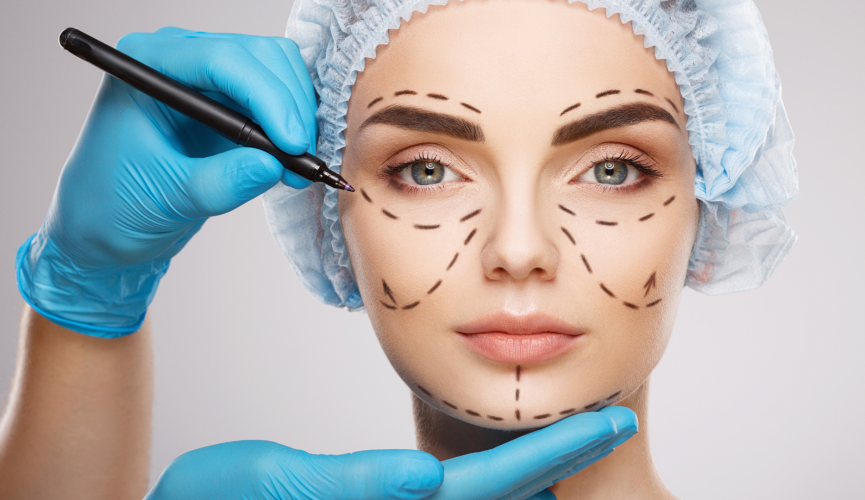Getting injured whilst playing sports is not at all uncommon. They happen for multiple reasons, it can be from hyper-extension of joints, bad falls and tackles, and freak accidents. Many sports injuries can be prevented and even healed with basic first aid and with rest. If you’re injured, the most important thing you can do is rest to let your body recover. If you must move, do it slowly and gently. Try to elevate the injured area (if possible). If you have injured your foot, try and keep the weight off it while it heals and put some ice on it to reduce any swelling. Pain relievers such as ibuprofen or acetaminophen can help relieve acute pain and stiffness. Use painkillers sparingly and don’t exceed the maximum amount, and of course get a medical assessment if you are unsure.
What To Do If You Have Sports Injury?
A sports injury can happen to anyone. Everyone can be scared about running or jumping. But don’t worry, you can always be ready! Make sure you do stretching exercises before strenuous physical activity and try not to do too many exercises at one time. Play safe.
If you sustain a sports injury, don’t panic, but instead, follow these four steps. First, take a deep breath and stay calm. Secondly, collect yourself and remind yourself, although it’s disappointing, in the grand scheme of things, your injury isn’t the end of the world. Third, focus on recovery, and give yourself plenty of time to heal, you want to come back fitter than before. Finally, think positively, injuries can happen at any time, at any moment. Its bad luck, but it will get better over time.
Cause of Sports Injury
Various types of sports activities and exercises usually cause sports injuries. Playing sports is one of the most common ways in which the general public sustains injuries. The most common sports-related injuries are those to knees, shoulders, ankles, and wrists. Sports-related injuries can be muscular injuries such as muscle strains, and torn ligaments, to the more serious of breaking bones.
Sports injuries are not always avoidable. However, there are measures players can take to avoid injuries. One simple technique is to warm up for 5 minutes before playing. Warm-ups should be done with a partner. Before starting a warm-up, players should stretch their muscles for a minimum of 5 minutes.
Sports injuries are one of the most common injuries that athletes and sports people face. There are different types of sports injuries depending on the action performed and the part of the body involved. The most common injuries that people face include:
- Knee Injuries : Knee injuries are the most common of the sports injuries. Knee injuries can have serious consequences. They are most common in older people and athletes who do a lot of running, jumping, and pivoting. Knee injuries often cause pain, swelling, and limited movement. Knee injuries also can lead to long-term damage. Some knee injuries require surgery, but there are non-surgical treatments that can treat most knee injuries. Many knee injuries can be overcome through rest and physiotherapy.
- Ankle Injuries : Ankle injuries are some of the most common injuries, including sprains, stress fractures, and dislocations. Ankle injuries can occur during or after physical activity and are often a result of improper training or moving.
- Ankle sprains are very common, most ankle sprains are not considered serious, and almost all sprains can occur without a loss of function. Treatment includes wearing a brace, physiotherapy, and resting the injury. Muscle or joint injuries also are very common, with torn ligaments being the most common.
- Sprains : The ankle sprain is one of the most common injuries that people face. An ankle sprain can occur to anyone and people of all ages. A sprained ankle can be very painful and disabling. The ankle joint is a joint where two bones called the tibia and fibula meet. The joint has a cartilage lining that allows the bones to move smoothly. The ankle is a hinge, and to many people, once they have sprained their ankle, they can walk, but the pain is still there. An ankle sprain is a very common injury, and it is important to follow the treatment that the doctor prescribes.
What To Do If You Get a Sports Injury
If an injury happens while playing a sport or participating in an activity, it is most important not to panic. Proper treatment is key to a successful recovery. Seek immediate medical attention if you experience any severe symptoms. It’s essential that you get there as quickly as possible because the sooner you get treatment, the better your chances of a full recovery. General painkillers, ice for swelling, or compression for injuries are examples of first aid. Medications such as ibuprofen and acetaminophen can help relieve pain and reduce swelling.
If you have any type of sports injury, the first thing you should do is stop playing, even though it is tempting to finish out the season with your team. As the saying goes, “Play hurt, and you will never be as good.” Your team will appreciate it, your physical health will thank you, and your competitive spirit will remain intact.
Sports injuries may not be fun, but they can be easy to prevent. Do some stretches and warm up, wear proper shoes, and keep hydrated. And do the right thing when you’re injured. Sit it out, don’t get pushed around, and go to the doctor; that’s the best thing to do.




















